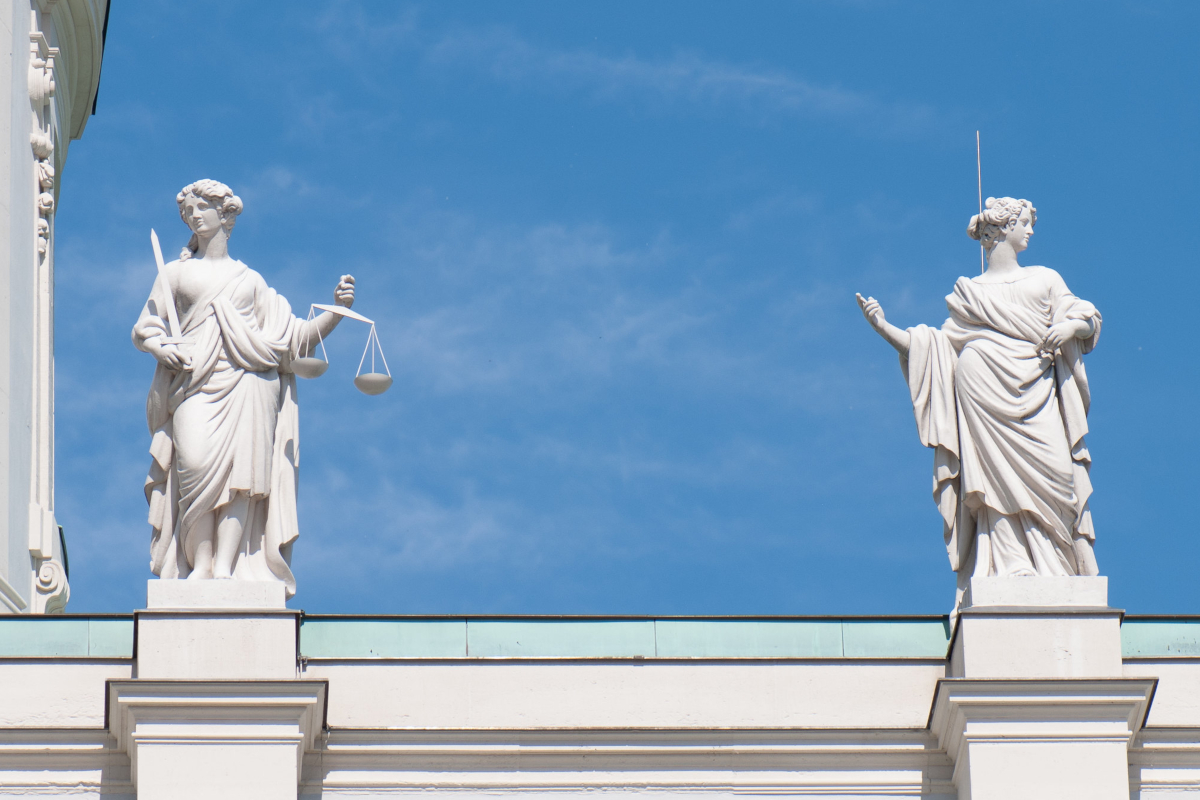Council against compensation for recipients of SLAPPs
Topic
Country/Region
04 May 2023
A forthcoming EU law will seek to prevent the use of "strategic lawsuits against public participation" (SLAPPs) to harass, intimidate and silence NGOs, journalists and critical voices. The European Commission describes SLAPPs as "a particularly harmful form of harassment and intimidation used against those involved in protecting the public interest." The latest Council compromise version of the Directive removes the right for those subjected to a SLAPP to receive compensation.
Support our work: become a Friend of Statewatch from as little as £1/€1 per month.

Image: Thomas Quine, CC BY 2.0
Article 15 of the Commission's proposal states:
"Compensation of damages
Member States shall take the necessary measures to ensure that a natural or legal person who has suffered harm as a result of an abusive court proceedings against public participation is able to claim and to obtain full compensation for that harm."
Article 15 of the Council's latest compromise text (pdf) states:
"Compensation of damages
Member States shall take the necessary measures to ensure that a natural or legal person who has suffered harm as a result of an abusive court proceedings against public participation is able to claim and to obtain full compensation for that harm."
Documentation
- Proposal for a Directive of the European Parliament and of the Council on protecting persons who engage in public participation from manifestly unfounded or abusive court proceedings (“Strategic lawsuits against public participation”) – Presidency draft compromise proposal (Council doc. 8604/23, LIMITE, 24 April 2023, pdf)
Our work is only possible with your support.
Become a Friend of Statewatch from as little as £1/€1 per month.
Spotted an error? If you've spotted a problem with this page, just click once to let us know.

